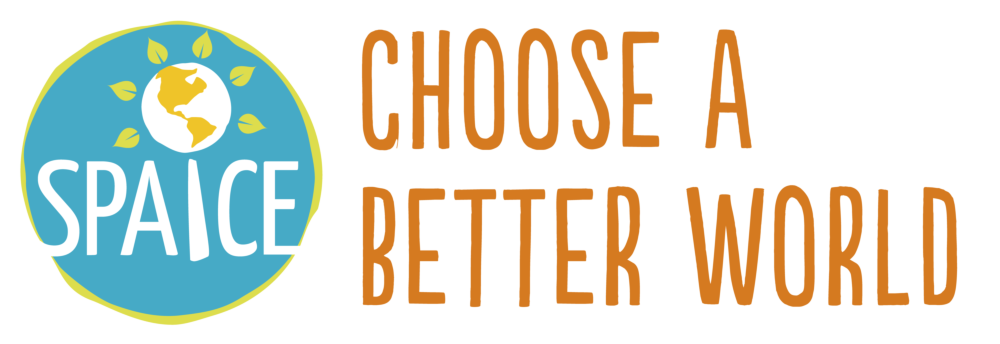This is a demo store. No orders will be fulfilled.
Who’s Working Hardest to Protect Our Way of Life?
Who’s Working Hardest to Protect Our Way of Life?
How many of the estimated 27 million modern slaves work for you? Men, women, and around the world in forced labour, sexual slavery, child labour, bonded labour, forced marriage, and descent-based slavery to bring us our consumer goods, clothes, and even food.
As Bangladesh has suddenly brought back into the open, globalization isn't about improving lives, and spreading the wealth and comforts to the people, it's about benefiting business, by relaxing regulations and exporting and hiding the misery.
 We're going to change that and make sure that each of us can always make informed decisions with honesty and transparency that shows you how the manufacturers we have trusted for so long treat their workers – then you can decide who you support with your hard earned money.
We hope you'll follow our blog by subscribing to our RSS feed and join in by letting us have your thoughts below. And don't forget to share this post and follow us on Facebook and Twitter (@SocialSpaice)!
Speak to you soon,
Vipul
We're going to change that and make sure that each of us can always make informed decisions with honesty and transparency that shows you how the manufacturers we have trusted for so long treat their workers – then you can decide who you support with your hard earned money.
We hope you'll follow our blog by subscribing to our RSS feed and join in by letting us have your thoughts below. And don't forget to share this post and follow us on Facebook and Twitter (@SocialSpaice)!
Speak to you soon,
Vipul
We've Come So Far
Places like Cornwall and Wales prospered in the 19th Century with all that tin and coal – there was work, and entire families worked at the pits. You'll still find people who'll argue that the industries leaving was a bad thing as people lost their jobs (but lived longer!) but most of us, with a little thought, will agree that the end of entire families risking their lives and sacrificing their health to live in a single, 10 foot square room, was a good thing. Today we would find it impossible to accept that a British father would be so grateful for a job that he'll risk not seeing his 40th birthday. I used to think that we were lucky, that, we'd cleaned up our own industries and greedy, exploiting, businesses. So we no longer sent children into a mine shafts or to work in pools of arsenic; that we had earned our 'moral authority' to persuade other countries to respect their own people.But Have We?
What we've actually done is, set free the British slaves and replaced them with the hidden ones on the other side of the globe. Our children can be children and go to school because we send the Bolivian ones into the mines; we don't soak our staff in lethal chemicals and then dump the waste in our drinking water and farmland because we can let the Chinese do it to their people and environment.Top 10 Facts About Slavery
Definition of globalization (noun) "the process by which businesses or other organizations develop international influence or start operating on an international scale: fears about the increasing globalization of the world economy" (Oxford English Dictionary)And so, 170 years after the Indian Slavery Act of 1843 abolished slavery in British territories, each one of us probably has more slaves working for us than ever before. I thought I'd managed to shed most of my materialistic lifestyle, I don't have a car and I live a reasonably modest lifestyle, trying to buy just the technology and possessions I need with most of my shopping being for food. Yet, according to this remarkable (sobering) tool from Slavery Footprint, I still rely on 35 slaves for what I thought was a modest lifestyle. What About You, How many Slaves Work for You? Find out at www.slaveryfootprint.org And this is before we think about the countless millions paid so little that they are virtual slaves in what we tend to call 'sweatshops'. With Bangladesh we've had sudden, and very short-lived, media interest in this very old problem and we will see some gestures by clothing manufacturers to be seen to be doing something for their foreign workers but it will quickly be forgotten. They've known about these issues for decades but don't need to act because only a very few people are watching.
All that is needed for the triumph of evil is that good men do nothing. - Edmund BurkeIn a local market you can, fairly easily, see how people are treated in making a product, so it's not too hard for us to make that moral choice to avoid the bad companies. But with our murky, secretive, globalized industries we have no chance, they don't see people the same way we do, to them they are just cheap labour 'resources', not real people with mother's, sons, husbands.
It Doesn't Have To Be This Way

'Made In A Free World' Breaking the Slavery System in Ghana

